Behind the curtain
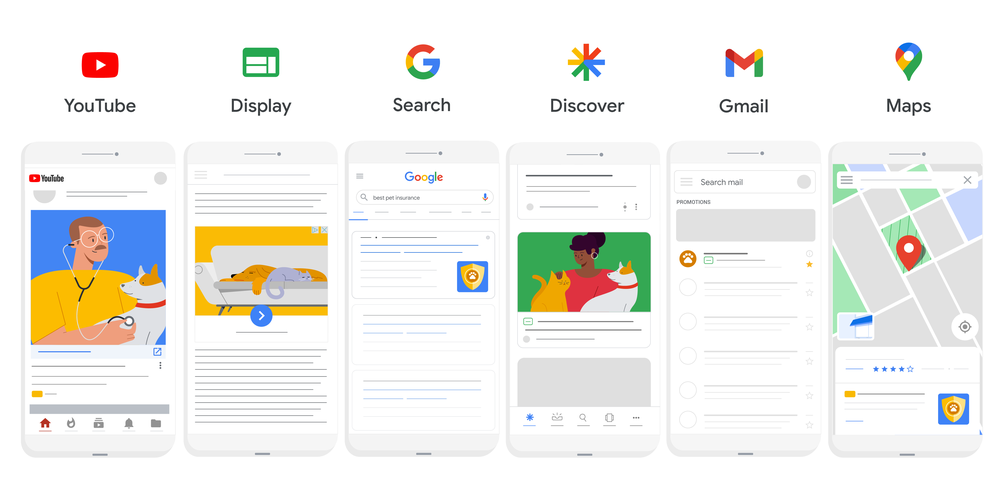
Performance Max is an automated campaign type that is there to complement AdWords (it operates in a similar vein to DSA).
This does become more interesting when you consider that Google will be using the URL to evaluate relevance & not a keyword (unless you opt to manually decide which URLs).
So there’s a huge emphasis on relevancy from a content perspective as well as how Google can understand that relevancy. For example, if there are several pages with thin, un-optimised content (missing basics such as On Page content, Meta, Image file names & alt text) you’re likely to be leaving Google with more room for interpretation & less likely to convert.
So although there is a bigger step forward in machine learning & AI, there is perhaps more emphasis now on PPC & SEO working a lot closer & more collaboratively to ensure all the pages have a high level of content; in different formats; utilising as many keyword variations as possible; meaning the ‘reach’ as well as ‘relevancy’ is likely to be much higher.
The key metric here that both channels should be looking at sharing is how valuable are URLs, rather than keywords? - why measure ‘success’ based on keywords that are narrow in focus & subject to any number of criteria such as location, device, personal preferences, when a URL can be utilised as measured easier for a larger pool of metrics.
Measurement by cynics
Google has put forward a case study for Performance Max whereby a 22% increase in conversions was recorded, which is great for Google but what about the client overall? Are they actually growing that much taking everything in consideration i.e. is this additional growth or just taken from another channel?
It is somewhat unsurprising that the roll out of Performance Max has been done via the velvet glove covering an iron fist - Google needs to be feeding those interests it has. By removing Shopping over the next few months but not enabling negative keywords yet, means that some campaigns could be maxing out budgets far quicker than planned.
This is key as from a SEO perspective we have noticed a few trends starting to emerge.
The example below (numbers have been ‘amended’ for confidentiality & ease) shows how Paid Sessions have dramatically increased whereby Organic has gone the other way.
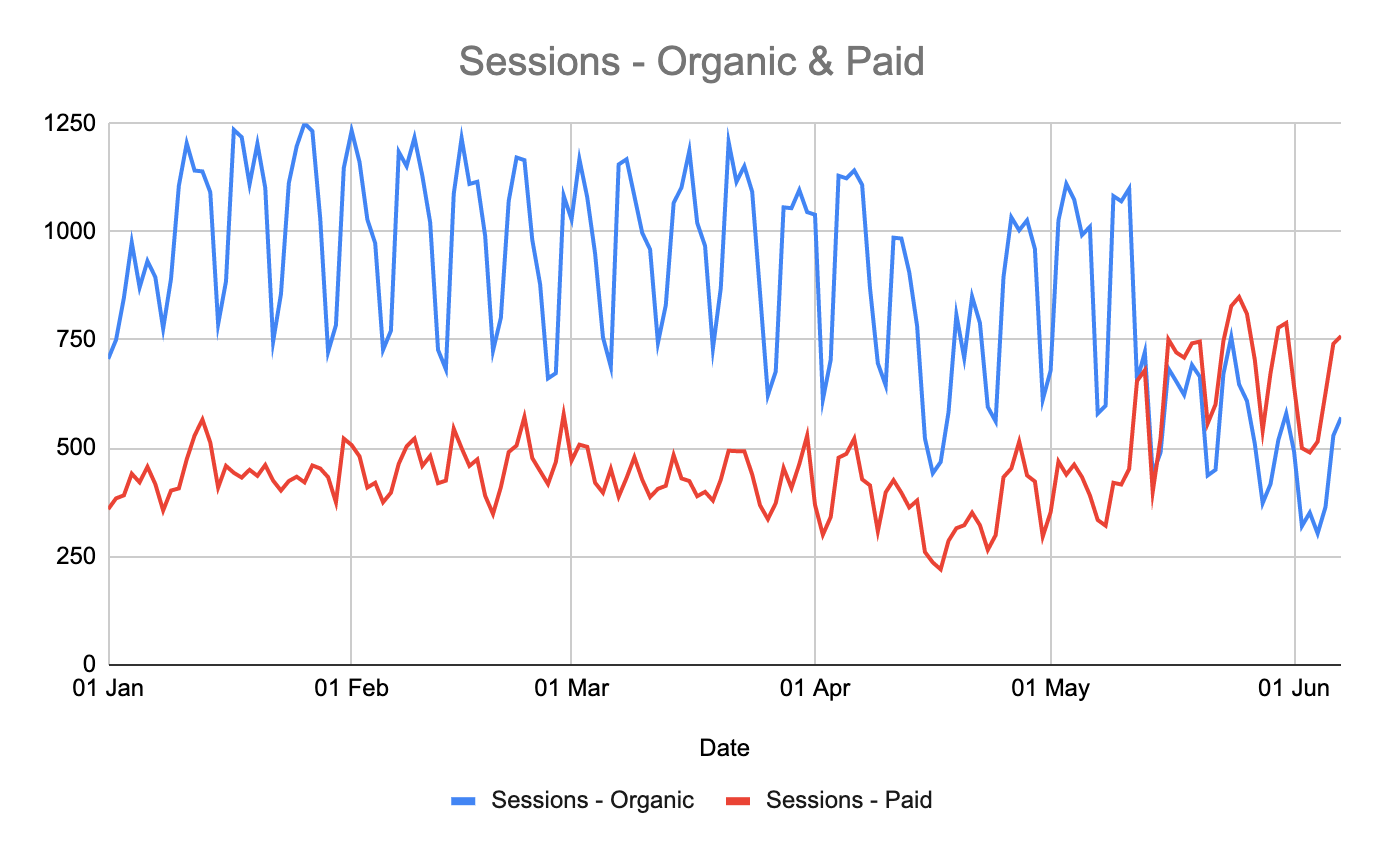
When we look at the same channels but from a revenue perspective we can see an almost identical trend.
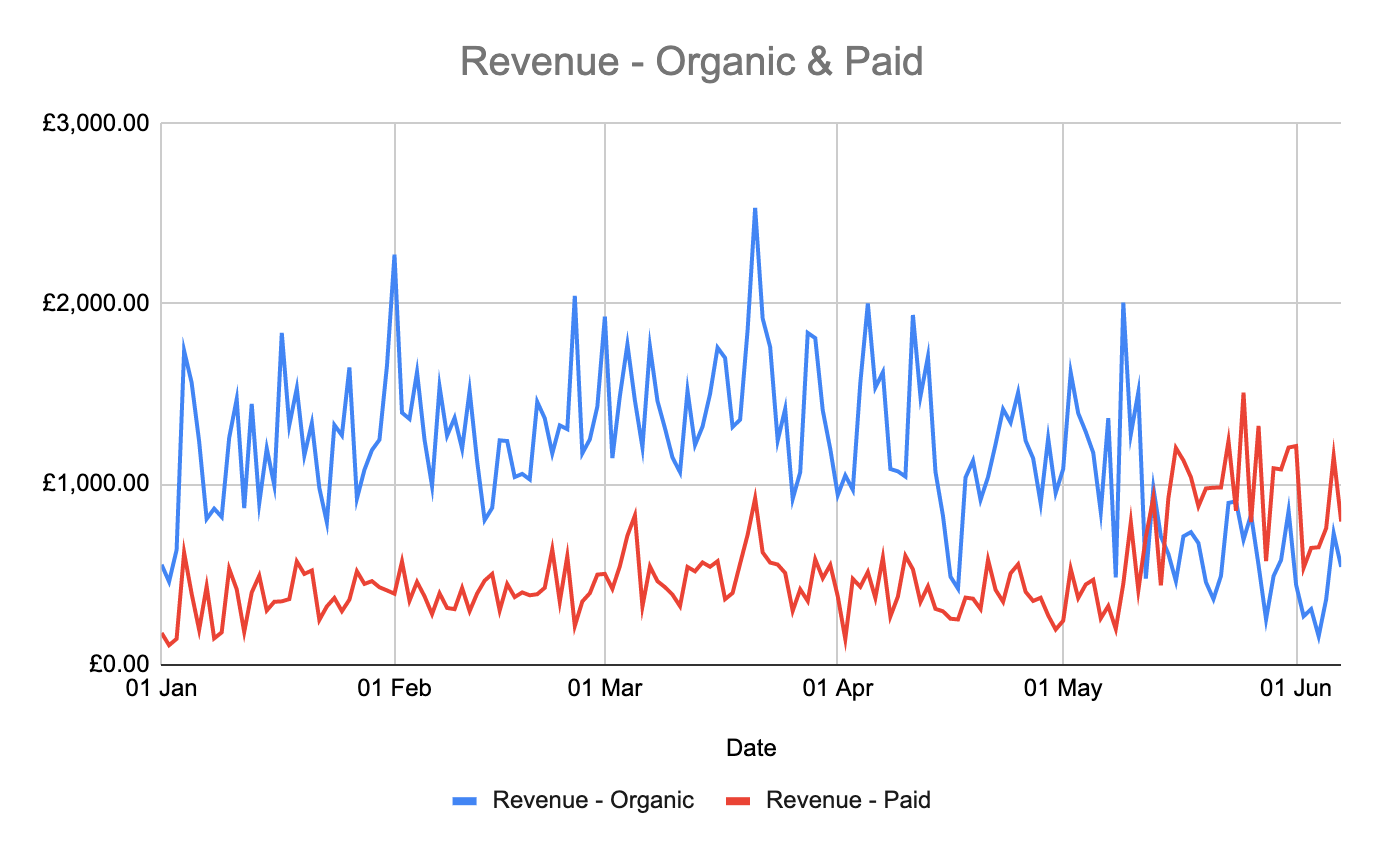
For this data set we haven’t (so far) seen an overall increase in conversion to revenue, just a shift in attribution between channels.
“With Google’s real-time understanding of consumer intents and preferences, paired with your input using audience signals, Performance Max can unlock new customer segments you may not have expected.”
Granted that every client is different, with different KPIs but it will initially raise a few awkward questions regarding SEO performance & why there is a dip but perhaps more importantly, is the client seeing value grow or are we shifting numbers around into a different channel that’s not as cost effective?
From top to bottom, left to right
I mentioned earlier about how PPC & SEO should be looking at the content p/URL to ensure that all relevant terms & information is not only present but formatted (think bullet points, coloured hyperlinks that are easy to see) but there is also a wider consideration; Google says ‘segments’.
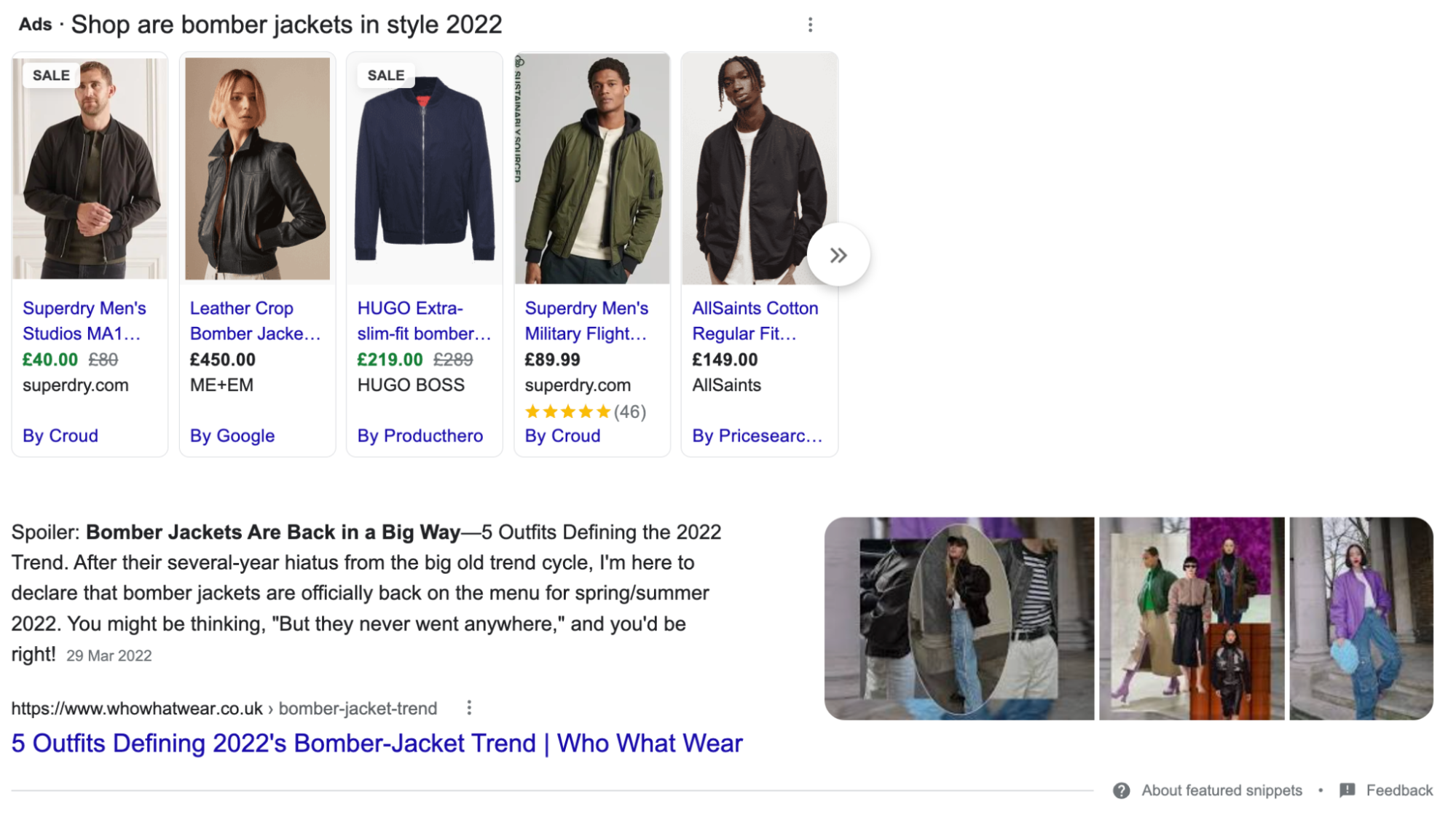
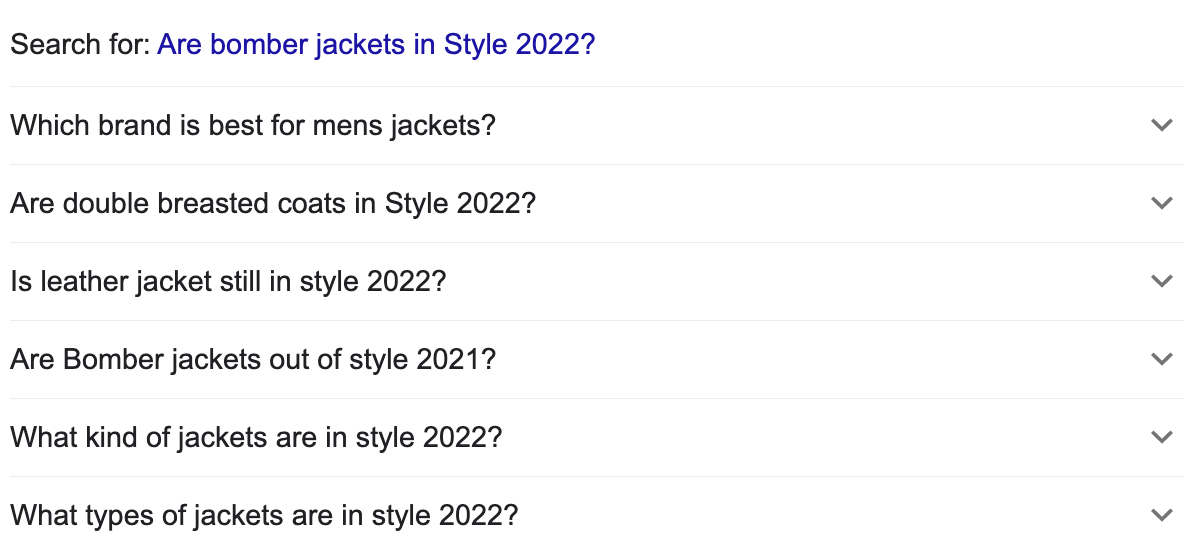
When Google is describing a segment it is really talking about where in the search process someone actually is & this is where PPC insight can help inform SEO & vice versa.
Looking to generate content around the customer journey has been a staple for SEO for a number of years; just look to People Also Ask and start your research there but what if PPC becomes active in this research phase, helping to lead to the end goal of purchase?
What happens next?
The boundaries between searches have become blurred as that’s how people are looking for what they ‘want’ - or want to be told what they want, so the boundaries between SEO & PPC become so too. Are we about to see a richer tapestry of SERPs led by PPC, where the keyword no longer is king?
